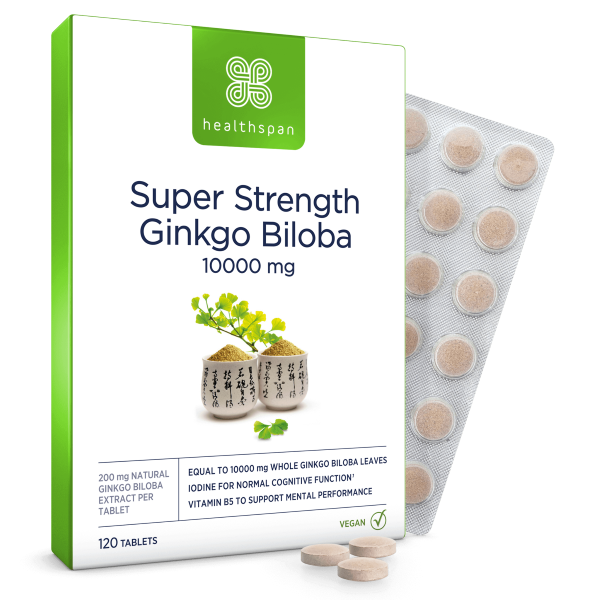The adrenal glands are small glands which sit on top of each kidney. They form part of the endocrine system and despite being small, they have a large impact on our health —particularly our immune systems.
The primary function of the adrenal glands is to equip the body to deal with a range of stressors: conditions, stimuli or agents that can cause stress to organisms. These can range from physical stress such as illness or injury, to emotional and psychological stress.
Adrenal glands: the basics
The adrenal glands secrete numerous hormones such as cortisol, aldosterone, dehydroepiandrosterone (which is a master hormone that can be converted into testosterone and oestradiol, as well as adrenaline and noradrenaline). These hormones are essential for human survival. Their functions can be traced back to prehistoric times, where the release of adrenaline and cortisol allowed the body to quickly undergo the physiological changes needed to fight off danger or flee from predators. The function of the adrenal glands also allowed the body to use its resources appropriately during periods of deprivation or fasting.
Although these functions seem appropriate in a prehistoric setting, it's important to note that modern-day circumstances can trigger the same physiological response by the adrenal glands. These include stress, substance abuse, unhealthy eating habits, poor sleep, infections and other illnesses. Cortisol, the main hormone secreted by the adrenal glands, acts as a potent anti-inflammatory and is released during stressful situations, or during situations which are perceived as stressful. If this stress is prolonged, the adrenal glands may fail to respond appropriately due to adrenal fatigue.
Adrenal fatigue and autoimmune health
Your adrenal function plays an important role in immune processes, namely moderating the inflammation which is present in autoimmune disease. Cortisol is the body's most powerful anti-inflammatory compound. Not only does is suppress inflammation, but it also influences white blood cell activity. Healthy adrenal function is required to manage the damage brought about from inflammation involved in autoimmune processes. In adrenal fatigue, there is insufficient cortisol to keep specific immune activity and inflammation suppressed. In short, stress will increase inflammation.1
After periods of stress where hormone levels are elevated for a prolonged amount of time, they can drop and become too low.2 It is at this point that those with an existing autoimmune condition are more at risk of an autoimmune flare-up. Our bodies are equipped with an intelligent immune system that works to protect us against foreign invaders including bacteria, viruses, and parasites. However, sometimes the immune system can malfunction, and instead of fighting against pathogens, it produces auto-antibodies that begin to attack the body itself. This can affect a number of body parts and organs, including the skin, thyroid, nervous system, pancreas, gastrointestinal tracts, and even our joints.3
When someone is suffering from adrenal fatigue, their adrenal function becomes compromised. Someone with adrenal fatigue will experience a wide range of symptoms. These include, but are not limited to, blood sugar imbalances, fat, carbohydrate and protein metabolism, blood pressure irregularities, electrolyte imbalances and an altered libido.4, 5
Managing adrenal fatigue
While it isn't always possible to prevent an autoimmune flare-up, there are a number of measures you can take, both naturally and medically, to help manage them.
Medication
The medical approach to treat an autoimmune disease is to suppress the overactive immune system and reduce inflammation. This is most commonly achieved by administering cortisone, or a synthetic version known as prednisolone. Cortisone can be administered in many ways depending on what it's used to treat: either by injection, orally, or even a topical cream. These medications can have a profound effect on the immune system by reducing inflammation.
Lifestyle
Stress management techniques are one simple step to take towards managing autoimmune flare-ups, and potentially preventing them in future. When it comes to supporting adrenal health, internal and external physical and psychological stressors can all contribute to the poor functioning of adrenal glands if you are exposed to them for too long. A holistic approach to stress management is therefore essential in order to achieve the best results.
On top of this, maintaining good health, by ensuring that you get adequate sleep each night and following a whole food diet, will benefit your adrenal glands. Excessive alcohol, caffeine and stimulants, refined sugar, and processed junk foods should be avoided as they are added stressors to the body. This stress gives the adrenals more work and deprives your body of the nutrients required for it to deal with stress most effectively.
Natural remedies
Adaptogenic herbs can help the body to deal with a range of stressors naturally.6 There are different types of adaptogens: those which are stimulating, and those which are more calming. Calming adaptogens are particularly beneficial to take in times of stress, when you are beginning to feel burnt out.
These natural remedies are all available as a selection of supplements, which will help you digest the right amount. By taking these natural measures to de-stress, the less prone you are to an autoimmune flare up. For more information on a whole range of immune conditions and support, select Immunity from the Your health menu above.

Super Strength Ginkgo Biloba 10,000mg
Maximum strength ginkgo extract for cognitive and mental function
- One-a-day tablet of naturally potent ginkgo biloba extract
- Contribute to cognitive function and mental performance
- Help combat tiredness and fatigue






